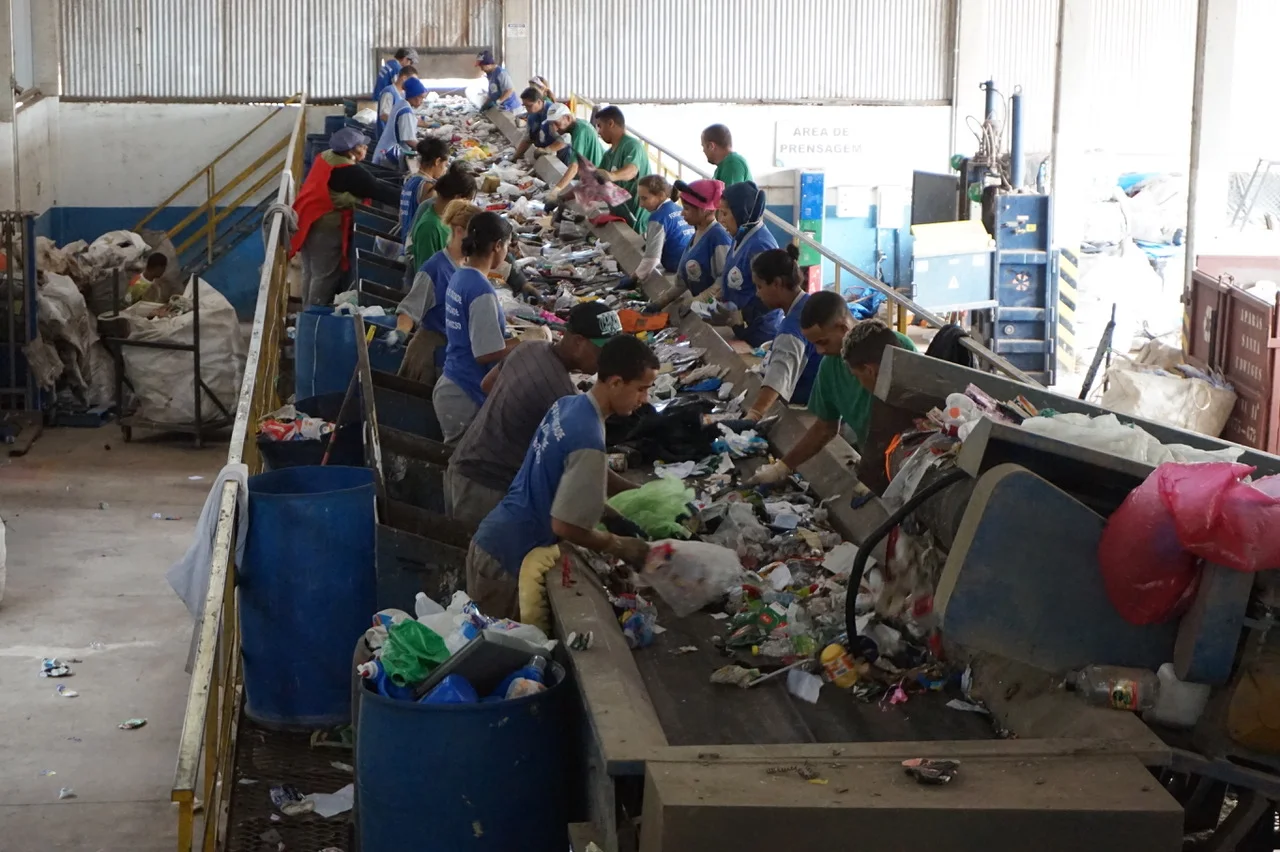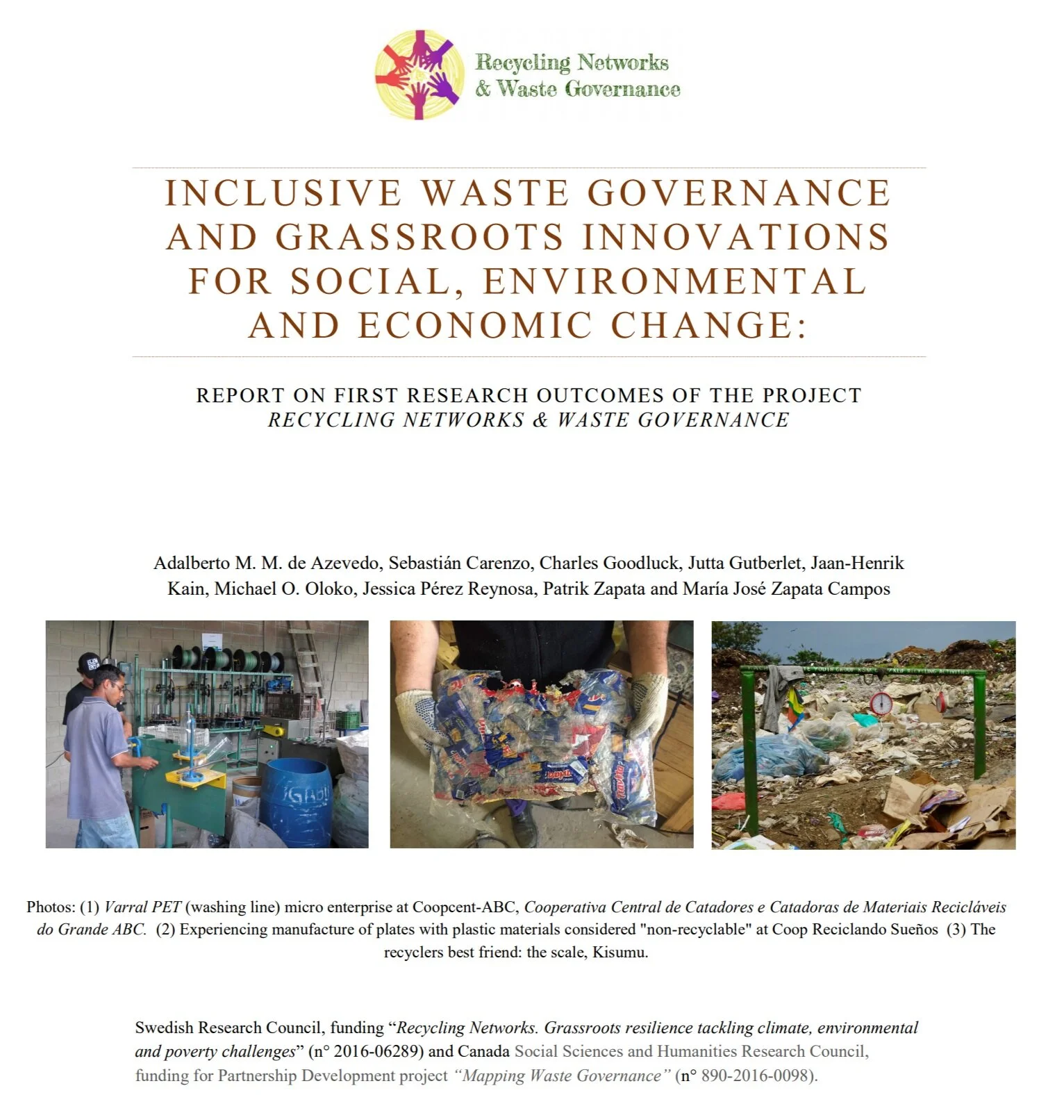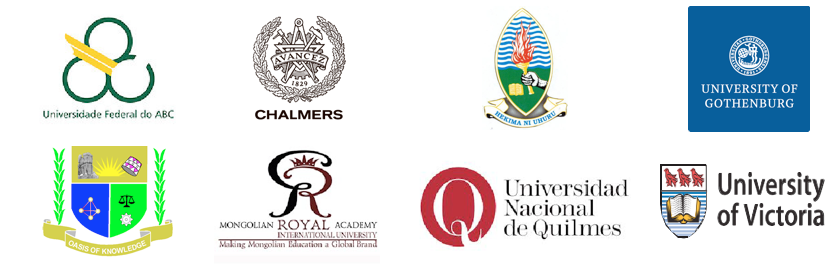Mapping Waste Governance Project (2017-2022)
Ongoing research
This partnership development project seeks to identify, examine and document grassroots social innovations and challenges in waste governance in different geographic regions. We will capture multiple narratives and use interdisciplinary approaches to formal and informal household waste management.
We will focus on change and transition events — certain types of tipping points, because solid waste generation is reaching a tipping point and current prevailing forms of waste management are clearly not sufficiently taking care of the problem. Good waste governance requires the reconceptualization of waste as a resource and an inclusive approach to waste management, with different waste actors (waste pickers, small scale waste entrepreneurs) and innovative approaches having a voice.
Avemare
Good waste governance addresses:
poverty reduction
builds community resilience
and increases environmental sustainability.
Our overall goal is to map the factors, processes, actors and links that entail good waste governance, to understand possible barriers and challenges in household waste management, as well as the factors that generate innovative forms of waste management resilient.
Global know-how production, exchange and upscaling in good waste governance and social grassroots innovations remain largely un-explored and our partnership is taking the lead in building this global network on waste governance (SSHRC Partnership Development Grant).
Watch Videos Produced here!
We examine the challenges that innovative grassroots initiatives and networks encounter in generating livelihoods to improve household waste collection and recycling, particularly in informal settlements of global South cities. We map waste governance and successful waste management initiatives, arrangements and policies involving grassroots initiatives.
Participants of two research projects (Recycling Networks: Grassroots resilience tackling climate, environmental and poverty challenges (funded by the Swedish Research Council) and Mapping Waste Governance (funded by the Social Sciences and Humanities Research Council of Canada) collaborate in offering a critical inter- and transdisciplinary perspective on waste and waste actors (waste picker cooperatives, associations, community-based organizations, partnerships, networks and NGOs).
The research is conducted in the following cities:
Buenos Aires (Argentina)
São Paulo (Brazil), Vancouver and Montreal (Canada)
Kisumu (Kenya), Managua (Nicaragua)
Dar es Salaam (Tanzania)
Report on first research outcomes of the project Recycling Networks & Waste Governance Recycling Networks
In this report, we present a brief description of solid waste governance in the cities where we conducted fieldwork. We then illuminate some of our findings on grassroots innovations involving waste pickers or waste workers in these cities. Both research projects combine multi-case studies of waste picker groups and local government initiatives, apply qualitative research tools and participatory action research (e.g. photo voice, participant observation, workshops, surveys and interviews). We are interested in understanding processes, challenges and opportunities related to how these grassroots initiatives and networks operate to bring about socio-environmental and economic change? How they address challenges and what the assets are in everyday waste governance that can be explored to make waste governance more sustainable and thus more inclusive? Researchers involved in these two projects, key stakeholders from grassroots initiatives in these countries, representatives from some international waste picker networks and local and regional government officials from Kisumu, Kenya, met between 23rd and 29th of April 2018, in Kisumu to present and discuss the results of the first year of research activities, which are herewith documented.
Publications
Kain, J.-H., Zapata, P., de Azevedo, A. M. M., Carenzo, S., Charles, G., Gutberlet, J. Oloko, M. Reynosa, J.P. and Zapats Campos, M. J. (2022). Characteristics, challenges and innovations of waste picker organizations: a comparative perspective between Latin American and East African countries. PlosOne (ONE-D-21-33009R1) (in press). Sholanke, D. & Gutberlet, J. (2021) Call for Participatory Waste Governance: Waste Management with Binners in Vancouver. Journal of Environmental Policy & Planning https://doi.org/10.1080/1523908X.2021.1956308
Kain, J.-H., Zapata, P., de Azevedo, A. M. M., Carenzo, S., Charles, G., Gutberlet, J. Oloko, M. Reynosa, J. P. and Zapats Campos, M. J. (2022). Characteristics, challenges and innovations of waste picker organizations: a comparative perspective between Latin American and East African countries. PlosOne (ONE-D-21-33009R1) (in press).
Sholanke, D. & Gutberlet, J. (2021) Call for Participatory Waste Governance: Waste Management with Binners in Vancouver. Journal of Environmental Policy & Planning. https://doi.org/10.1080/1523908X.2021.1956308
For more publications and knowledge mobilization products see also our News and Resources section.




